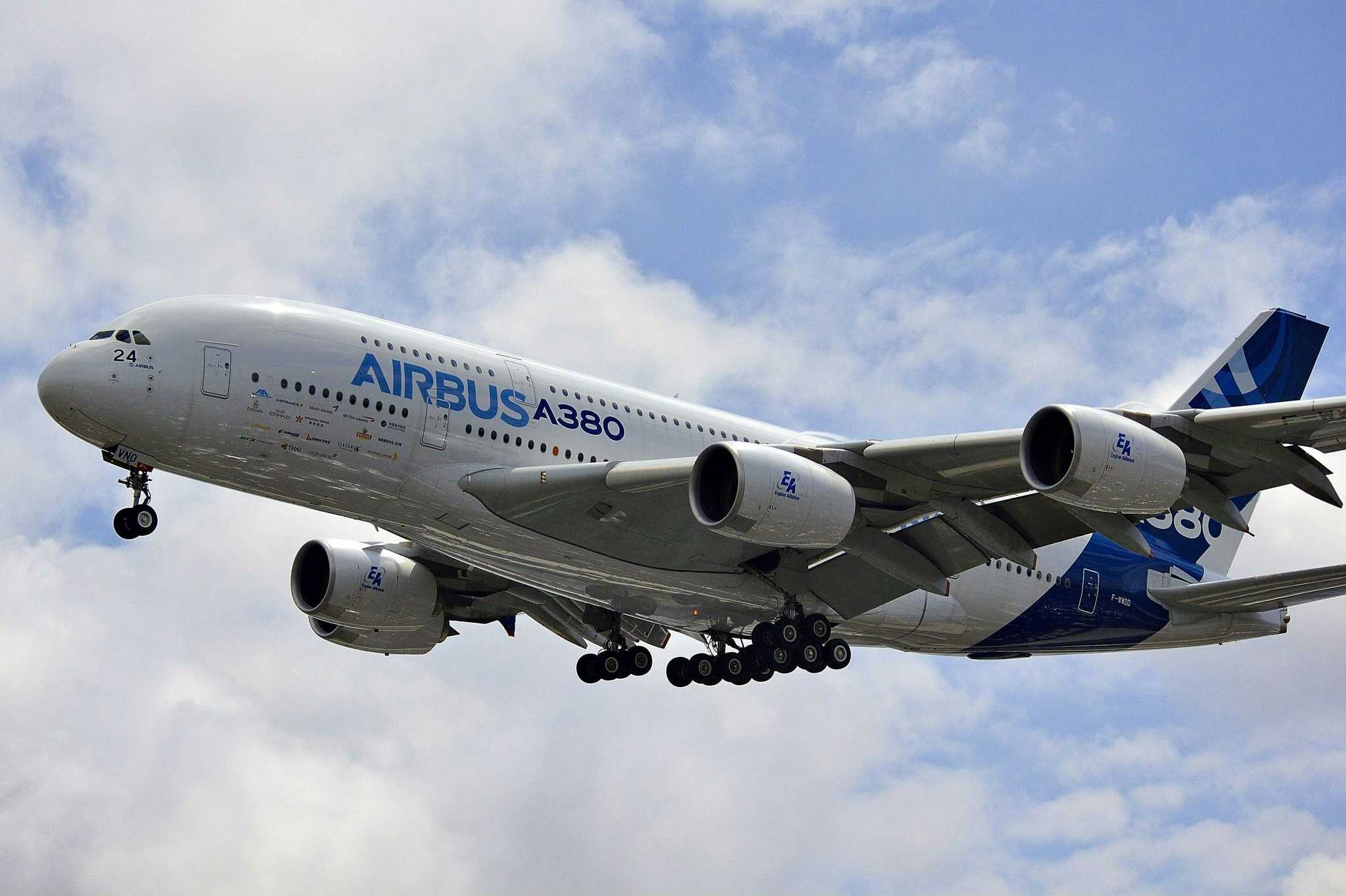Car manufacturers are facing some of the biggest changes their sector has seen, with the shift to electric vehicles, the development of self-driving cars and a potential threat from electric air taxis that may one day replace some of today's car journeys across congested cities.
Partnerships with startups are a good way for carmakers to make sure they can get expertise in these emerging areas, and Sifted was interested in looking at how the different car brands compare in their willingness to invest in startups in strategic areas.
What emerges is a picture of European carmakers at the middle to bottom of the pack in terms of the number of startups they have invested in. The one exception is Mercedes-Benz, which has a portfolio of 42 startup investments, second only to Hyundai.
Mercedez-Benz's investments are across the board, from a holding in delivery robot company Starship to flying taxi company Volocopter, which looks like it may be one of the first to get passenger services up and running, starting with demo flights at the Paris Olympics in 2024.
European carmakers are wary of hydrogen
One area where there is no notable startup investment from Daimler is hydrogen-fuelled vehicles. In 2020 Mercedes-Benz brand killed a project to develop a hydrogen fuel cell passenger vehicle, saying it cost double the price of building an electric vehicle. The goup's truck division, however, is still exploring hydrogen fuel.
None of the other European carmakers has equity investments in hydrogen startups either — only Hyundai and Toyota have backed startups in the field. Hyundai has invested in three: H2Pro, HiiROC and Hydrogenious LOHC Technologies.
The heatmap, below, helps give a sense of the areas where carmakers have focused on backing startups. Toyota, for example, stands out for the large number of bets it has made on startups working on autonomous driving and AI. It has seven investments in this area: Israel's Autobrains Technologies, May Mobility, Apex.AI, Momenta.ai, Aurora, Recogni and Nauto.
A blank space doesn't mean inactivity
It is worth noting, however, that this heatmap is looking just at the minority investments that companies have made in startups in these areas. A blank space does not mean a company isn't active in this area, it just means they're not doing it through startup investment.
Only three of the carmakers, for example, have invested in air mobility startups — Mercedes-Benz and Geely in Volocopter and Toyota in Joby Aviation. But many others are actually working on their own urban mobility aircraft. Hyundai last November launched its own air mobility company Supernal, which is aiming to launch commercial flights by 2028. The Korean carmaker has pledged to spend $1.5bn on urban air mobility by 2025. General Motors also showcased a futuristic flying Cadillac at a conference last year.
Investing in packs
Automotive companies are also clubbing together on some of the investments. Ionity, a fast electric vehicle charging station network, is a joint venture between BMW Group, Mercedes-Benz Group, Ford Motor Company and Volkswagen Group, set up to compete with Tesla's supercharger network.
China's Geely, meanwhile, hasn't backed charging station startups but is looking at an alternative approach, where EV batteries are swapped for full ones rather than recharged when they run low.
Getting better batteries, in general, remains a clear focus for carmakers. SES, which is developing a new lithium metal battery with a higher power density, has also had investment from multiple carmakers, including General Motors, Hyundai, Geely, Honda and SAIC. SES was recently listed on the Nasdaq via a special purpose acquisition vehicle.


